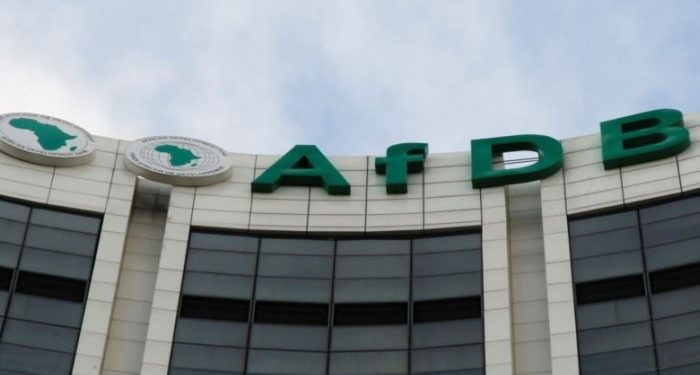African Development Bank (AfDB) projected that Africa’s average GDP growth rate would remain steady at 4% over the next two years, a slight increase from the 2022 GDP growth of 3.8%.
The African Development Bank Group report “Africa’s Macroeconomic Performance and Outlook (MEO) 2023,” indicates that African economies are to maintain their stability, even in the face of global financial conditions that are becoming more restrictive.
Kevin Urama, Vice President and Chief Economist of the African Development Bank, pointed out that the high demand for African commodities due to disruptions caused by the war in Ukraine could be beneficial for African economies.
Urama also encouraged African nations to aim for greater economic inclusivity, higher GDP growth rates, and enhanced resilience against external shocks.
Despite facing unfavourable global conditions such as rising inflation, higher debt servicing costs, and increased risk of debt distress, African countries are finding it difficult to access international capital markets for new financing due to tightening financial conditions and the appreciating US dollar, as noted by Urama.
Moreover, most African currencies, particularly in commodity-exporting countries, suffered significant devaluation against the dollar in 2022 due to monetary policy tightening in the United States, with the depreciation rates ranging from 21% in Malawi to 69% in South Sudan.
Furthermore, Urama cautioned that currency weaknesses might persist in Africa’s more globally integrated economies, including Algeria, Kenya, Nigeria, and South Africa, in 2023.
The report also highlighted other headwinds that would affect the GDP, such as the impacts of COVID-19 policy responses, rising geopolitical tensions, and the spillover effects of the Russian invasion of Ukraine. These conditions are making it challenging for most central banks to maintain price stability. As a result, Urama called for bold policy actions to bridge the significant financing gaps in Africa.
It is imperative to enact policies that can mobilise and leverage private financing for development in Africa.
Kevin Urama – Vice President and Chief Economist of the African Development Bank
The fiscal positions of African countries have already been stretched by COVID-19 policy responses, support for vulnerable populations, and rising food and energy prices amid high debt and the effects of climate change.
Read Also: African Economies to Grow Faster than Global Projections in 2023-AfDB




